Pueblo allocates federal funds to operate homeless warming shelter for upcoming winter
PUEBLO, Colo. (KRDO) -- The city is using $50,000 from its share of federal money from the American Rescue Plan to finance operation of an overnight warming shelter for the homeless on the coldest nights of the upcoming winter season.
The money will be used by the Crazy Faith Street Ministry on the west end of downtown, to take in around 30 people on nights when the temperature falls below 20 degrees.
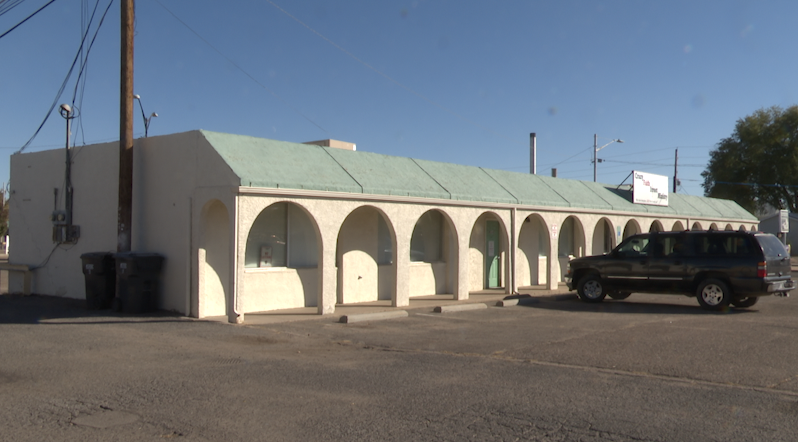
"That's the temperature where people's lives could be at risk," said Mayor Nick Gradisar. "You could argue that the threshold should be below 32 degrees., but we decided on 20 after consulting with the homeless shelter in the past."
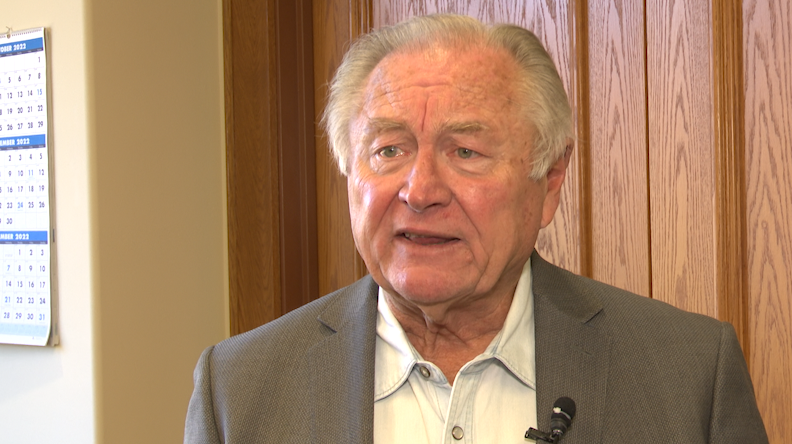
The ministry is operated by a married couple, Lonny and Tammy Kainz.
"Too many people are losing fingers, toes and feet -- and getting amputations and getting disabled -- because they don't have an adequate place to keep warm," Tammy said. "We were open for 18 nights last winter."
She said that around half of shelter visitors legitimately need help and have nowhere else to go, while the rest have no intention of improving their situations.
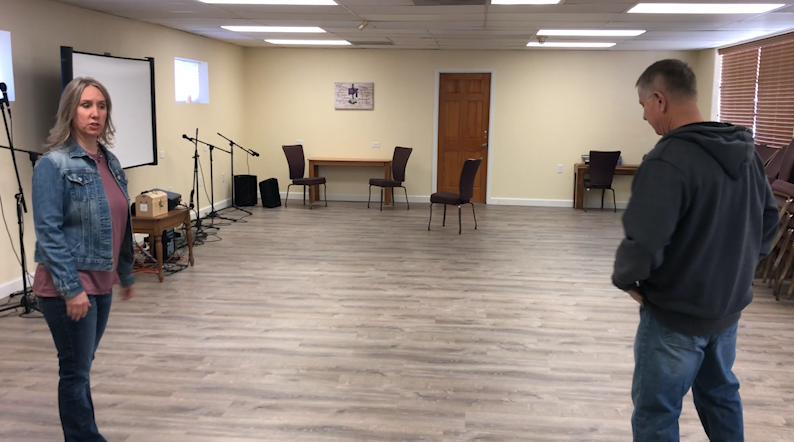
Lonny explained that guests must abide by certain rules.
"There's no drinking or using drugs here at all -- if they want to stay warm, that's one of the rules," he said. "We want everybody to be safe, and we want them to get a good night's sleep."
The ministry operated a warming shelter last year but entirely on a voluntary basis, with the managers saying that they spent around $20,000 of their own money.
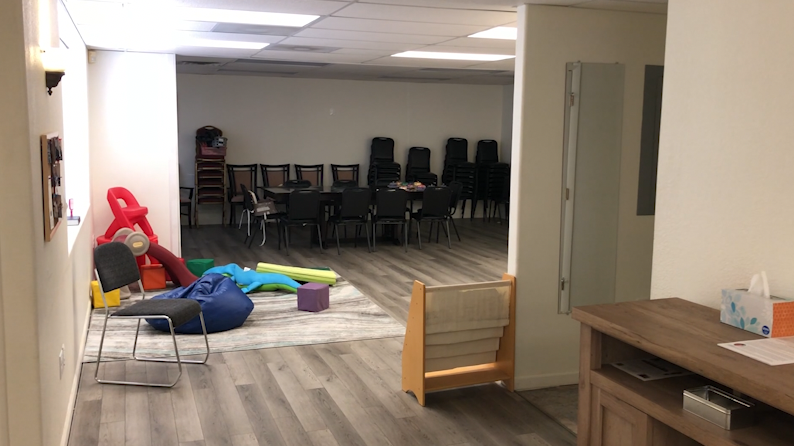
While the federal funding doesn't pay for everything related to the shelter's warming operations, it will cover the cost of lighting and heating the building overnight, as well as pay for security and support staff.
People who spend the night at the shelter also will get dinner and breakfast; clothing and other resources also are available.
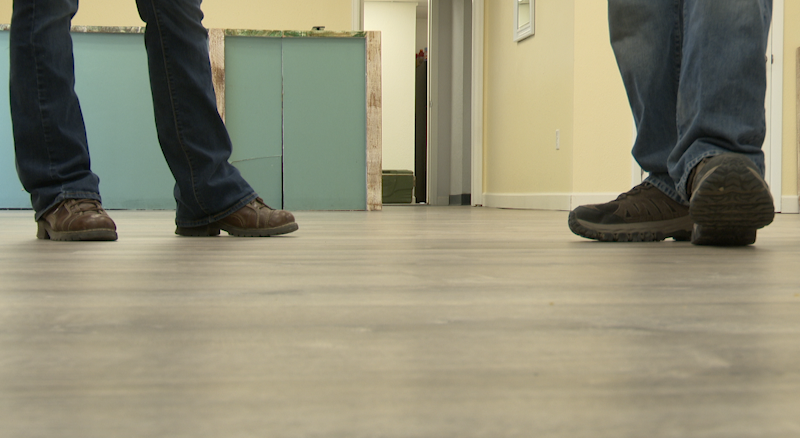
In previous years when no warming shelter was established, city officials opened the lobbies of the Pueblo Municipal Justice Center and the Transit Center -- offering warmth but no amenities or services.
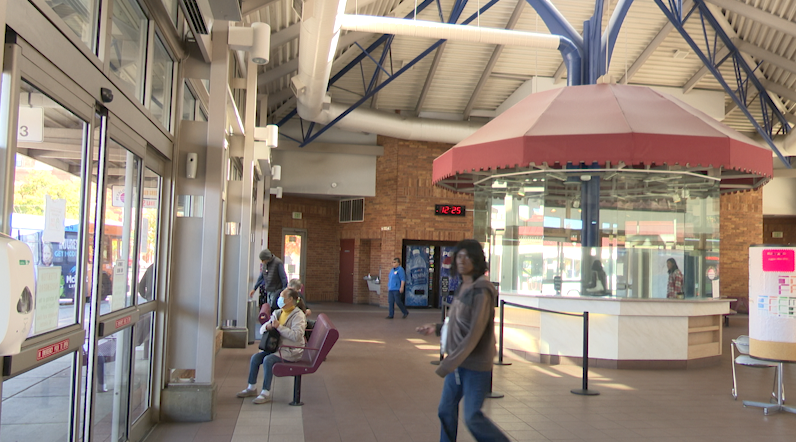
Grant Franco said that he used to be homeless in Pueblo, and addicted to alcohol in drugs.
"But that all changed after spending a few nights in a warming shelter when I really needed it," he said. "I just care about my life more. I don't want to jump off a cliff so much, or run in front of a diesel truck. Now, what I want to do is drive kids into the right direction. I'm motivated because I want to change lives."
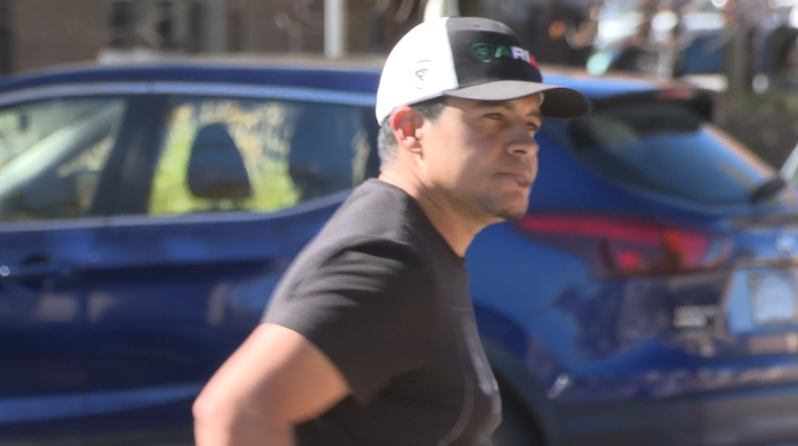
Franco said that around half of the people he became acquainted with at the shelter have likewise turned their lives around and gotten off the streets.
"I now have a job, am going to school and am studying to be a youth counselor," he said.
Gradisar said that he's pleased to hear Franco's story.
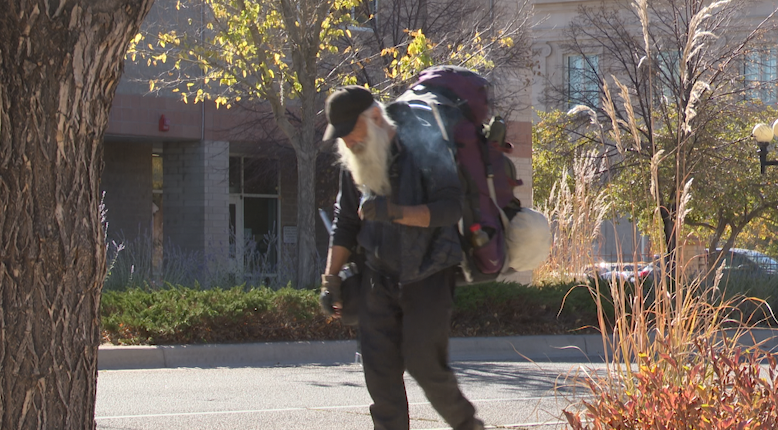
"That's what we want everyone who goes to the shelter, to do," he said. "That's the only way we can get our hands around the homelessness problem."
While the federal money likely won't be available next winter, Gradisar said that he'll try to make city funds available if the upcoming winter is particularly cold and increases the number of people in the shelter.
